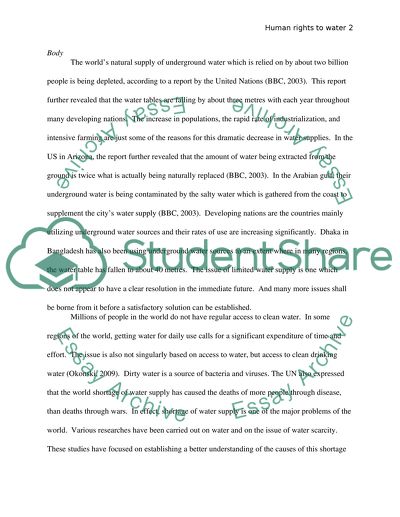Cite this document
(“Human Right in Development Essay Example | Topics and Well Written Essays - 2000 words”, n.d.)
Human Right in Development Essay Example | Topics and Well Written Essays - 2000 words. Retrieved from https://studentshare.org/history/1433509-human-right-in-development
Human Right in Development Essay Example | Topics and Well Written Essays - 2000 words. Retrieved from https://studentshare.org/history/1433509-human-right-in-development
(Human Right in Development Essay Example | Topics and Well Written Essays - 2000 Words)
Human Right in Development Essay Example | Topics and Well Written Essays - 2000 Words. https://studentshare.org/history/1433509-human-right-in-development.
Human Right in Development Essay Example | Topics and Well Written Essays - 2000 Words. https://studentshare.org/history/1433509-human-right-in-development.
“Human Right in Development Essay Example | Topics and Well Written Essays - 2000 Words”, n.d. https://studentshare.org/history/1433509-human-right-in-development.


